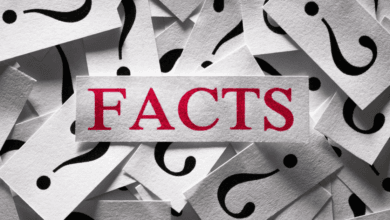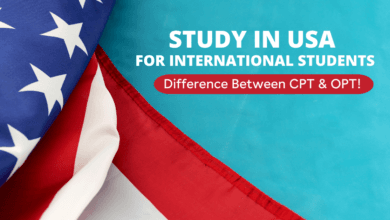Examining Faculty Dismissal at Washington University

Understaing to Washington University
The sanctity of tenure in academia is a fiercely debated topic. Tenure grants professors a level of job security meant to protect academic freedom and foster a climate of open inquiry. However, recent events at Washington University in St. Louis (WashU) have reignited the debate about when, if ever, tenure should be revoked.
This blog post will delve into the complexities surrounding faculty dismissal at WashU, exploring recent cases, university policies, and the broader national conversation on academic freedom.
Recent Cases at WashU
While there haven’t been any confirmed professor firings at WashU in 2024 (to my knowledge), a few past incidents raise questions about the university’s handling of faculty conduct.
One prominent case involved Dr. Seth Crosby, a genetics professor, in October 2023. Dr. Crosby’s social media post referring to the Israel-Palestine conflict as a “much-needed cleansing” sparked outrage. Though Dr. Crosby later apologized, claiming his words were “clumsy,” the incident exposed the tension between free speech and promoting a respectful learning environment.
The university initially remained tight-lipped, leading to confusion. News reports conflicted, with Dr. Crosby claiming he’d been fired while WashU maintained he was still employed, pending an investigation. This lack of transparency only fueled the debate.
Also Reads this: 13 strategies How To Review And Improve Your Performance On PMP Exam Prep Questions
WashU’s Faculty Dismissal Process
WashU’s faculty handbook outlines a rigorous process for dismissing tenured professors. It involves multiple steps, including written charges, a faculty hearing committee, and ultimately, a decision by the Board of Trustees.
The grounds for dismissal are clearly defined, including incompetence, serious misconduct, and neglect of duty. Notably, the policy specifically mentions that “mere unpopularity of a faculty member’s views or teachings” does not constitute grounds for dismissal.
Here’s where things get nuanced. What constitutes “serious misconduct”? Does a social media post, even a highly offensive one, rise to that level? This is where the specific details of each case and the university’s interpretation of its own policies come into play.
The National Landscape of Academic Freedom
The Dr. Crosby case reflects the national conversation on academic freedom. Balancing the right to express controversial views with creating a safe learning environment is a constant struggle for universities.
On the one hand, free speech is a cornerstone of academic exploration. Faculty members must feel comfortable challenging ideas and presenting unpopular perspectives. Stifling such discourse could hinder academic progress.
On the other hand, ensuring a respectful and inclusive learning environment is crucial. Hate speech, harassment, or promoting violence have no place in academia. Universities must have the ability to address such behavior, even from tenured professors.
Moving Forward: A Call for Transparency and Open Dialogue
The Dr. Crosby case, though not a confirmed dismissal, highlights the complexities of faculty conduct at WashU. Here are some key takeaways:
- Transparency is vital: WashU’s initial lack of clarity regarding Dr. Crosby’s status only fueled speculation and eroded trust. Clear communication with the university community is essential during such situations.
- Balancing rights and responsibilities: The university must balance the right to free speech with the responsibility to maintain a safe learning environment. Clear guidelines on what constitutes disruptive or harmful conduct can help navigate these situations.
- Open dialogue: Fostering open dialogue about these issues is crucial. Faculty, students, and administrators need to come together to discuss how best to uphold academic freedom while promoting inclusivity and respect.
The Dr. Crosby incident, though unresolved, serves as a valuable case study. WashU should use it as an opportunity to re-evaluate its policies and communication strategies regarding faculty conduct. By fostering open dialogue and promoting clarity, WashU can move forward while protecting both academic freedom and the well-being of its community.
Additional Considerations Washington University
This blog post is just a starting point for a larger conversation. Here are some additional questions to consider:
- Should social media activity be considered part of a professor’s professional conduct?
- How can universities effectively address cases of bias or discrimination without infringing on academic freedom?
- What role can student voices play in holding faculty accountable for their behavior?
By exploring these questions, we can contribute to a more nuanced understanding of academic freedom and faculty conduct in the 21st century.





